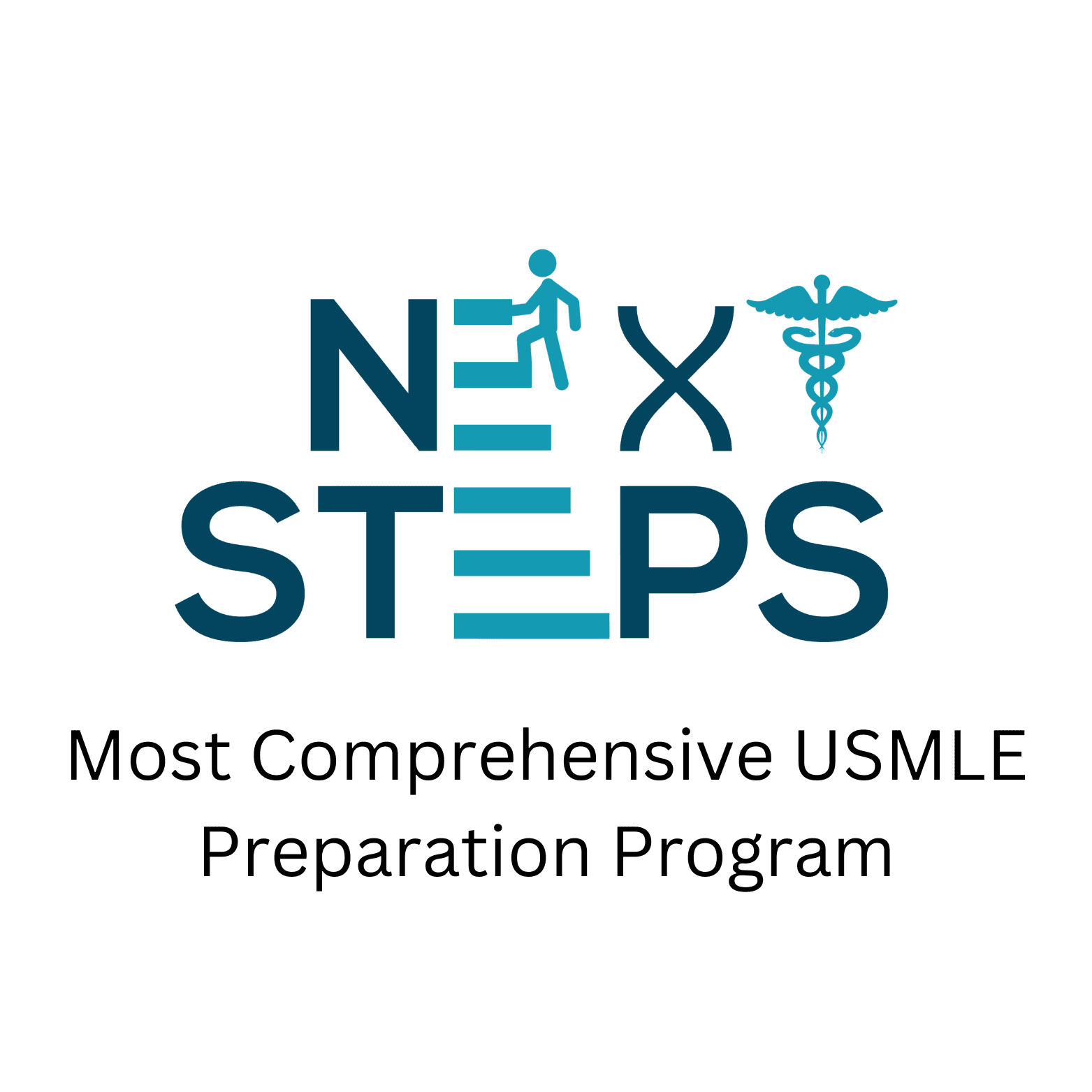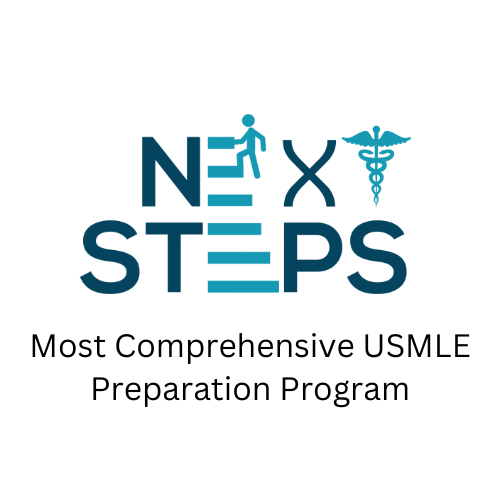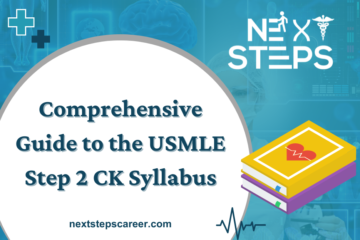How to Score Higher on USMLE Step 2 CK: Proven Strategies for Success
USMLE Step 2 CK is a pivotal exam in your medical career, designed to assess your clinical knowledge and how well you apply it in patient care scenarios. Scoring high on this exam can enhance your residency applications, making you a more competitive candidate for programs in the United States.
While Step 2 CK may seem daunting, especially after completing Step 1, there are proven strategies that can help you score higher and perform at your best. In this post, we’ll guide you through effective techniques, resources, and mindsets that can significantly boost your Step 2 CK score.
1. Understand the Structure of USMLE Step 2 CK
Before diving into your preparation, it’s crucial to understand the structure of the exam:
-
- Clinical Vignettes: The majority of the questions are presented in clinical vignettes. These are patient cases that test your clinical reasoning and decision-making skills.
-
- Multiple-Choice Format: The exam consists of 8 blocks of 40 questions each, and you’ll have 9 hours to complete the test.
-
- Test Areas: Major subjects include internal medicine, surgery, pediatrics, obstetrics and gynecology, psychiatry, and preventive medicine.
Having a clear understanding of what to expect will help you better tailor your preparation to focus on the areas that matter most.
2. Create a Focused Study Plan
To score high on Step 2 CK, creating a structured and focused study plan is essential. Here’s how you can do that:
Assess Your Timeline
Determine how much time you have before the exam. Ideally, you should dedicate around 8-12 weeks for Step 2 CK preparation. Break down your study schedule by subjects and topics, setting weekly goals to ensure comprehensive coverage of all the material.
Balance Core Subjects
-
- Internal Medicine: This forms the largest portion of the exam, so devote more study time to this subject.
-
- Surgery: Focus on surgical emergencies, post-operative complications, and common surgical diseases.
-
- Pediatrics and OB-GYN: Ensure that you cover high-yield topics like neonatal resuscitation, pregnancy complications, and pediatric infectious diseases.
-
- Psychiatry: Understand psychiatric diagnoses, management, and the nuances of psychotropic drugs.
3. Use High-Yield Study Resources
The right study materials can make a huge difference in your Step 2 CK score. Some of the top resources that are widely regarded as high-yield include:
UWorld
-
- Why It’s Essential: UWorld’s question bank is arguably the most important resource for Step 2 CK. It mirrors the style and difficulty of the actual exam and provides detailed explanations for each question.
-
- How to Use It: Aim to complete UWorld at least once, if not twice, during your preparation. Review both correct and incorrect answers thoroughly, and use the explanations to fill any knowledge gaps.
First Aid for Step 2 CK
-
- Why It’s Useful: This book provides a concise overview of high-yield topics and is a solid companion for Step 2 CK preparation. Use it to quickly review core concepts and as a reference for commonly tested conditions.
Step Up to Medicine
-
- Why It’s Key for Internal Medicine: Given the importance of internal medicine in Step 2 CK, Step Up to Medicine is an excellent resource for in-depth study of high-yield topics within this specialty.
Next Steps Mentoring App
-
- Why It’s Helpful: This platform offers video lectures that simplify complex topics, especially in internal medicine, surgery, and pediatrics. Use it to reinforce difficult concepts or for a quick review of key topics.
NBME Practice Exams
-
- Why It’s Important: Practice tests from NBME are excellent for gauging your progress. They mimic the actual Step 2 CK exam, helping you get used to the test’s format and identify weak areas that need further review.
4. Master the Art of Clinical Reasoning
Step 2 CK emphasizes clinical reasoning—applying your medical knowledge to real-world patient scenarios. Here’s how to sharpen your skills:
Work Through Clinical Vignettes
-
- Why It Helps: Step 2 CK heavily tests your ability to analyze patient cases, so you should practice as many clinical vignettes as possible. Focus on understanding the patient presentation, making the correct diagnosis, and knowing the appropriate management.
-
- How to Practice: Use Next Steps and other question banks to work through clinical vignettes. When reviewing questions, think about why certain diagnoses or treatments are more appropriate than others, and train yourself to identify key clues in the patient history and physical exam.
Focus on Differential Diagnosis
-
- Why It’s Critical: Step 2 CK questions often present multiple conditions that share similar symptoms. You need to be adept at differentiating between them.
-
- How to Improve: Use a structured approach to differential diagnosis. Always think about which conditions are most likely based on the patient’s age, symptoms, and risk factors.
5. Learn Time Management for the Exam
One of the biggest challenges of Step 2 CK is managing your time during the exam. With 9 hours to answer 318 questions, time management is crucial.
Practice Full-Length Exams
-
- Why It’s Important: Taking full-length practice tests under timed conditions helps build stamina and simulates the actual exam day. Use NBME exams and Next Steps self-assessments to get a feel for the pacing.
Pace Yourself
-
- How to Do It: Aim to spend no more than 1-1.5 minutes per question. If a question seems difficult, mark it for review and move on. Don’t spend too much time on any single question, and avoid second-guessing yourself on questions you’ve already answered.
6. Focus on Weak Areas
While reviewing, take time to assess which areas are your weakest. Whether it’s cardiology, pediatrics, or surgical cases, your success on Step 2 CK depends on how well you can turn weak areas into strengths.
Use Analytics from Next Steps Mentoring App
-
- Why It Works: Next Steps Mentoring App provides detailed analytics that show you which areas you’re struggling with. Use this data to prioritize topics that need more attention.
Reinforce Knowledge with Flashcards
-
- How to Do It: Apps like Next Steps allow you to create flashcards and use spaced repetition to memorize high-yield information.
7. Stay Healthy and Manage Stress
Physical and mental well-being are essential during your Step 2 CK prep.
Exercise Regularly
-
- Why It Helps: Physical activity reduces stress, improves concentration, and keeps you energized during long study sessions. Aim for at least 30 minutes of exercise daily.
Prioritize Sleep
-
- Why It’s Critical: Sleep is vital for memory consolidation. Don’t sacrifice sleep for late-night cramming sessions—quality rest is more important than squeezing in extra study hours.
Take Breaks
-
- How to Stay Fresh: Incorporate regular breaks into your study schedule. Use the Pomodoro technique (25 minutes of study followed by a 5-minute break) to maintain focus without burning out.
Final Thoughts
Scoring high on Step 2 CK requires a combination of strong medical knowledge, clinical reasoning, and exam strategy. By following these steps—using high-yield resources, practicing clinical vignettes, managing your time, and addressing your weak areas—you can set yourself up for success on exam day.
Remember, consistency is key. Approach your preparation with determination, focus on learning from your mistakes, and stay positive throughout your journey. With the right plan in place, you can achieve an impressive score on Step 2 CK and enhance your chances of securing a top residency program.





